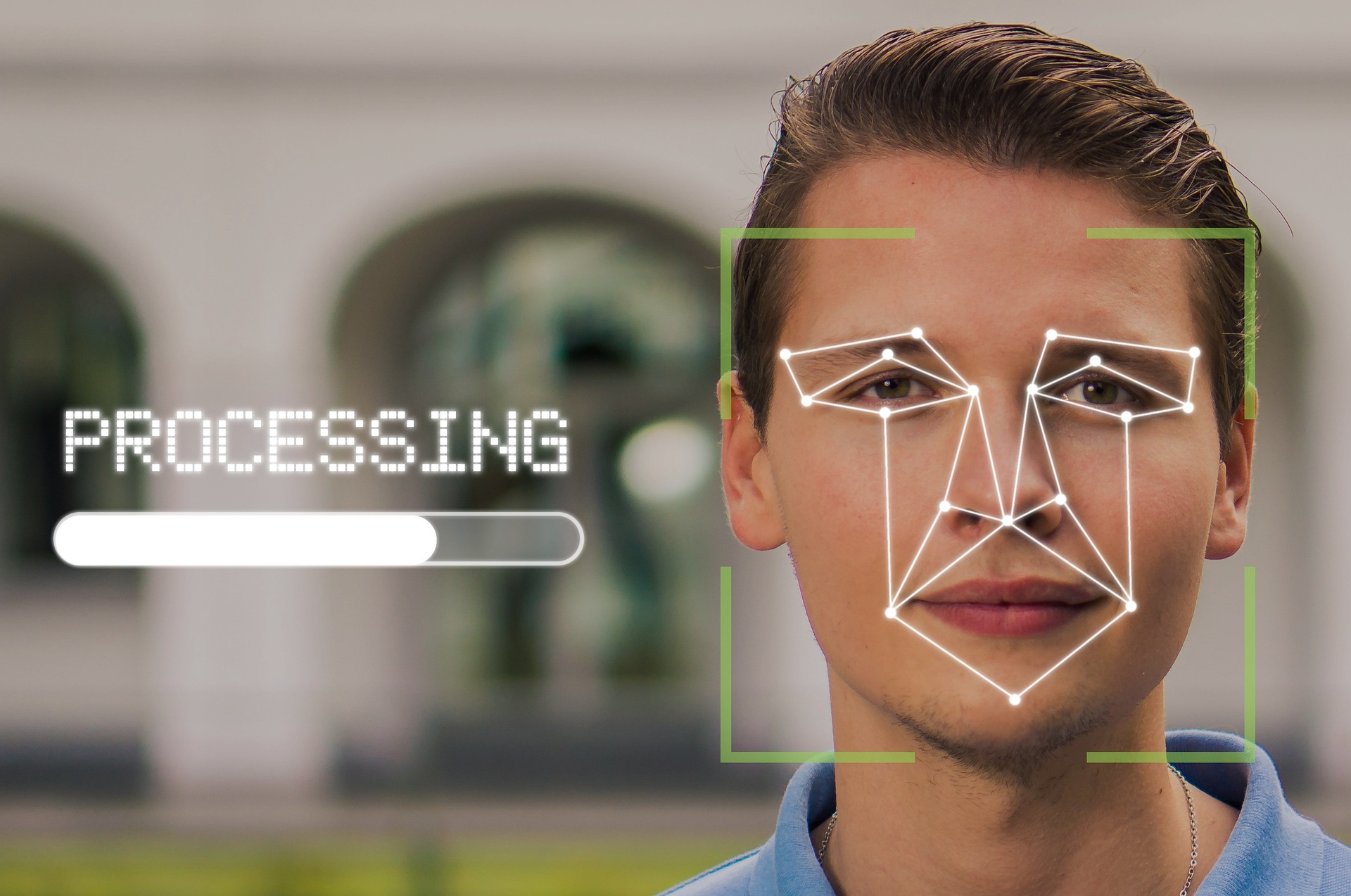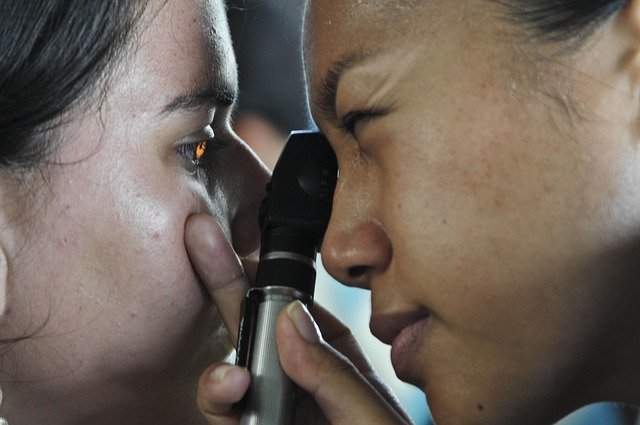Unmasking the Legalities of Facial Recognition Technology
In recent years, facial recognition technology has become a hot topic. As it continues to evolve, so do the legal implications surrounding its use. While it has the potential to revolutionize security and surveillance, it also raises significant concerns about privacy and civil liberties. Read below to delve deeper into this intriguing intersection of technology and law.
The Rise of Facial Recognition Technology
Facial recognition technology, once a concept limited to science fiction, has become a reality. It uses biometrics to map facial features and help identify individuals. While it’s been adopted for various purposes, including unlocking smartphones and tagging friends on social media, its use in surveillance and law enforcement has sparked widespread debate.
Legal Framework Around Facial Recognition Technology
The legal landscape surrounding facial recognition technology is complex and continually evolving. In the United States, there is no federal law specifically regulating its use. Instead, laws vary from state to state. For instance, Illinois has the Biometric Information Privacy Act, which requires companies to obtain written consent before collecting biometric data, including facial recognition data.
Privacy Concerns and Civil Liberties
The use of facial recognition technology raises significant privacy concerns. Critics argue that it allows for mass surveillance, infringing on individuals’ right to privacy. Furthermore, there’s fear that it could be used to track individuals without their knowledge or consent. Civil liberties groups argue that unregulated use of this technology could potentially lead to a violation of the Fourth Amendment, which protects against unreasonable searches and seizures.
Misuse and Accuracy Issues
Another legal concern is the potential misuse of facial recognition technology. There’s a risk that it could be used for discriminatory purposes, especially given its accuracy issues. Studies have shown that these systems are less accurate when identifying people of color, women, and older individuals, leading to potential bias and wrongful identification.
The Need for Legislation
Given these concerns, there’s a growing call for comprehensive legislation to regulate the use of facial recognition technology. Such legislation could set standards for consent, data storage, and use, while also addressing accuracy and bias issues. It could also provide remedies for individuals whose rights have been violated.
Useful Tips and Facts:
- Facial recognition technology uses biometrics to map facial features from a photo or video.
- There is no federal law in the U.S. specifically regulating facial recognition technology.
- Laws surrounding this technology vary from state to state.
- Critics argue that this technology infringes on individuals’ right to privacy and could lead to mass surveillance.
- Studies have shown that facial recognition systems are less accurate when identifying people of color, women, and older individuals.
In conclusion, as facial recognition technology continues to advance, it is vital that the law keeps pace. There’s a clear need for comprehensive legislation that addresses the privacy concerns, potential misuse, and accuracy issues associated with this technology. As we continue to navigate this new frontier, it’s essential to strike a balance between harnessing the benefits of facial recognition technology and protecting individual privacy rights.





